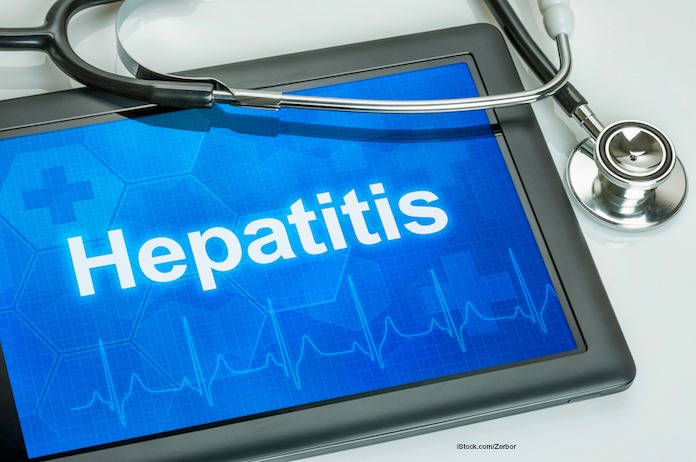Customers of the 7-Eleven store at 2666 West 7800 South in West Jordan, Utah may have been exposed to hepatitis A, according to the Salt Lake County Health Department (SLCoHD). Anyone who used the restroom at that store, or consumed specific foods or beverages on certain dates may be at risk for contracting this illness.

Anyone who visited the store from Tuesday, December 26, 2017 through Wednesday, January 3, 2018 and who used any restroom in the store is at risk. In addition, if you consumed these items: fountain drink or other self-serve beverage, fresh fruit, or any item from the store’s hot food case, such as pizza, hot dogs, chicken wings, or taquitos is at risk. Packaged items, including microwaved foods and bottled beverages, are not implicated.
Contact the health department or your healthcare provider about getting an immune globulin or hepatitis A vaccination if you fall into those groups. If you have been fully vaccinated against the virus, or if you have had hepatitis A in the past you are immune.
The vaccinations are only effective if given within two weeks of exposure. That means if you were at the store on Tuesday, December 26, you must be vaccinated by tomorrow, January 9, 2018.
You can call 385-468-4636 for more information. The phone line will be staffed from 8:00 am to 5:00 pm beginning Monday, January 8, 2018. Health department staff will screen callers and give them options for getting the vaccination.
Officials think that up to 2,000 customers may be affected. An infected employee worked while ill and possibly handled certain items in the store. Public health officials think that this case is linked to the ongoing outbreak Salt Lake County has been experiencing since August 2017.
The store has been sanitized according to health department recommendations and is cooperating with officials. Gary Edwards, SLCoHD executive director said in a statement, “This is an important reminder to food service establishments that they should consider vaccinating their food-handling employees against hepatitis A. It’s also important that food handlers be conscientious with hygiene, hand washing and not working when ill—and that managers be vigilant in enforcing those important requirements that help protect public health.”
The symptoms of a hepatitis A infection include jaundice (yellowing of the skin and eyes), tiredness, clay-colored stools, dark urine, abdominal pain, pain on the upper right side of the torso, loss of appetite, low grade fever, and diarrhea. Symptoms usually begin 2 weeks to 50 days after exposure to the virus.




